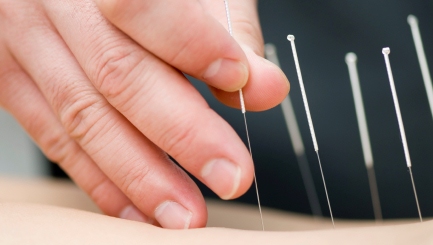Lowering The Risk Of Heart-Attacks With Acupuncture
Within the world of alternative healing, acupuncture is often considered to be one of the most consistently, effective approaches. This form of physical-therapy has been practiced in China for thousands of years, and involves the insertion of needles into the specific regions of your body, which correlate to your body’s energy-points and life-force.
However, the use of acupuncture has rapidly accelerated in the Western world in recent years, and is now formally recognised, by the World Health Organisation, or WTO, as a process that can be used to treat a range of chronic conditions. These conditions include: back-pain, tennis-elbow, asthma, sinusitis, sciatica, constipation and gastritis. Acupuncture can also be used as a complimentary treatment and is often recommended to patients suffering from post-operative discomfort and other serious treatments such as chemotherapy, as well as a therapy for people who suffer from chronic-pain and emotional traumas.
More recently, the world’s medical community has recognised the benefits that Chinese medicine can foster within the treatment of heart-ailments – which presently remain the highest cause of death in the world. Practitioners of Chinese medicine believe that acupuncture can help to reduce the risk of the onset of a range of heart-problems, including: heart-attack, coronary-disease, congestive heart-failure and congenital-heart-failure. In tandem with adjustments to your life-style, acupuncture can help to lessen the principle areas of risk associated with heart-illnesses and other chronic-disorders. These include: the reduction of blood-pressure – minimising the likelihood of stroke, heart attack, kidney-disease and damage to other organs within the body.
It is currently practiced by millions of people around the world, who implicitly believe that it can promote excellent mental and physical health by having a powerful impact on your psychology and physiology. It’s now very easy to find centres and clinics that provide the service, but as always, it’s worth discussing the options with your doctor, before giving it a go.



Comments are closed.